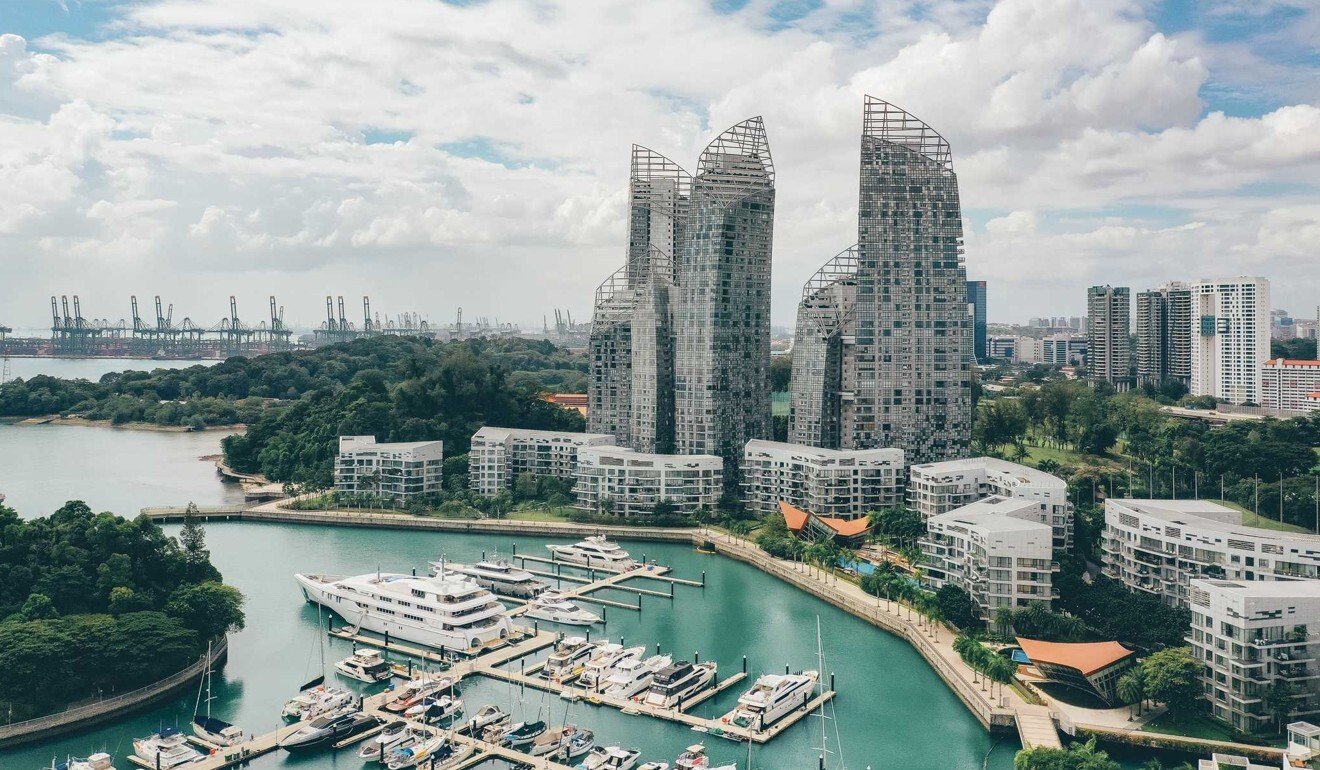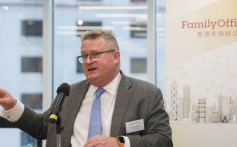In Singapore, alleged nickel fraud ensnares members of its growing wealthy class
- Top lawyers and investors signed up for businessman Ng Yu Zhi’s scheme that allegedly raised S$1 billion for commodity trades that didn’t exist
- Observers say with a growing moneyed class in the city state, it’s a lesson to investors to do extensive due diligence
Three months ago, Ng Yu Zhi’s name was largely unknown to regular Singaporeans.
Then the 34-year-old businessman was accused of fraud amounting to S$1 billion (US$744.5 million), in which he allegedly swindled the money selling nickel deals that never took place.
Prosecutors alleged the money probably fuelled a lavish lifestyle. Ng lived in a three-story home with a fancy address and owned the city state’s only Pagani Huayra supercar costing more than S$7 million. Even Ng’s bail is an outsized S$1.5 million.
Curiosity was again stoked on Monday when
revealed that the people he allegedly cheated were not clueless investors.They included top lawyers in
whose names regularly appear in local papers, as well as long-time investor Finian Tan, who is known for having spotted the potential in search giant back in 2000 when it was just a small Chinese start-up. Tan now runs tech start-up investor Vickers Venture Partners.Ng’s dealings occurred at Envy Asset Management and Envy Global Trading, companies he controlled and where he was a director.
If you’re not conducting your own due diligence and want to rely on the famous name as an investor, you’ve to at least find out who did the due diligence
Of the more than S$1 billion that was invested in the firms, S$300 million was transferred to Ng’s personal account while an estimated S$200 million remains unaccounted for. Ng touted average quarterly gains of 15 per cent for his nickel trades.
In all, Ng has had 31 charges levelled against him since he was arrested in February. The charges include allegedly cheating multifamily office Envysion Wealth Management and its founder and chief executive Veronica Shim Wai Han of at least S$48 million.
“The scale of the Envy case has turned many heads given the amount and the calibre of investors that were involved,” said Tan Yinglan, founding managing partner of Insignia Venture Partners.
Ng’s case is the first time that investment fraud in Singapore has got into the billion-dollar category, said Kerry Goh, an investment professional who is now chief executive of multifamily office Kamet Capital.
With the city state’s wealthy bracket growing, Tan and Goh said the case underscored the need for due diligence.
Goh added it was important to be wary of funds and companies courting investments by mentioning famous names.
“‘So-and-so invests in our fund’. You have to watch out for that sort of name-dropping,” said Goh. “If you’re not conducting your own due diligence and want to rely on the famous name as an investor, you’ve to at least find out who did the due diligence.”

In 2019, assets under management by Singapore-based managers jumped 15.7 per cent to S$4 trillion. This was before the country started actively wooing
– the investment platform of ultra wealthy families – with the variable capital companies framework launched last January so multiple sub-funds can share the same service providers and custodians, but have segregated assets and liabilities.As of October last year, there were about 200 single-family offices in Singapore and these manage a staggering US$20 billion of funds in total.
In recent months, the billionaires that have set up family offices in Singapore include hedge fund billionaire
, Google co-founder . Goh’s Kamet Capital manages the entire net worth of four Asian families who are entrepreneurs and most had made their money in .Money is also growing within Singapore. Just last week, a new report on global wealth by Credit Suisse Group said the number of millionaires in Singapore could increase by more than 60 per cent from 2020 to hit 437,000 by 2025.
Hong Kong, which has also been rolling out the red carpet for family offices, issued the first licensing guidelines for the industry in September last year and in two months had 50 family offices sign up.
Hong Kong’s percentage of millionaires in the total population was higher than Singapore’s, at 8.3 per cent in 2020 compared to 5.5 per cent.
Tan Yinglan said this was a period of “increasing historic levels of wealth going into Singapore with historically low interest rates as well”. His world of venture-backed start-ups has had a decade-long bull run, he said, shifting the power dynamics between investors and start-up founders.
Tan said a decade ago, the onus was on founders to prove themselves to investors who were still hesitant and unsure about the region but given the validation from venture-backed companies doing “massive exits”, now “the burden of proof is more on the investor to prove that a company will indeed create value”.
“While this dynamic makes it attractive to become a founder or an investor in Singapore and the region, it has also made it susceptible to abuse – Envy’s was not the first, nor will it likely be the last,” he said.
The emergence of high-profile names in the unfolding alleged scandal has echoes of what happened with blood-testing start-up Theranos in the United States. The company’s valuation, which hit US$9 billion at one point, was based on its promises of revolutionary technology that did not end up working. It managed to raise US$700 million from investors, including the founders of Walmart and Rupert Murdoch before collapsing in 2015.
Ng’s high-profile alleged victims include Pek Siok Lan, general counsel for state-owned investor Temasek International, Thio Shen Yi, joint managing partner of TSMP Law Corporation and the former president of the Law Society, and criminal lawyer Sunil Sudheesan, a director with Quahe Woo & Palmer LLC.
Vicker’s Tan had last month told Bloomberg that he was a personal investor in the funds floated by Envy Global Trading and that two Vickers funds were also investors in companies with exposure to the same trade. He said the initial due diligence process did not raise any red flags.
Tan from Vickers had invested more than US$19 million, Pek invested S$5.6 million, Thio invested S$87,000 and Sudheesan had put in S$1 million.
There were five other individuals and three corporate entities named in the new charges and Ng was also charged with a criminal breach of trust by “dishonestly misappropriating a sum of at least S$201 million” from Envy Global Trading’s DBS Bank account.
The silver lining for this case, Goh said, was that financial institutions did not fall for the alleged scam. “I’ve to say that was really comforting,” he said.
https://www.scmp.com/week-asia/economics/article/3139185/singapore-alleged-nickel-fraud-ensnares-members-its-growing?module=lead_hero_story_5&pgtype=homepage






Comments